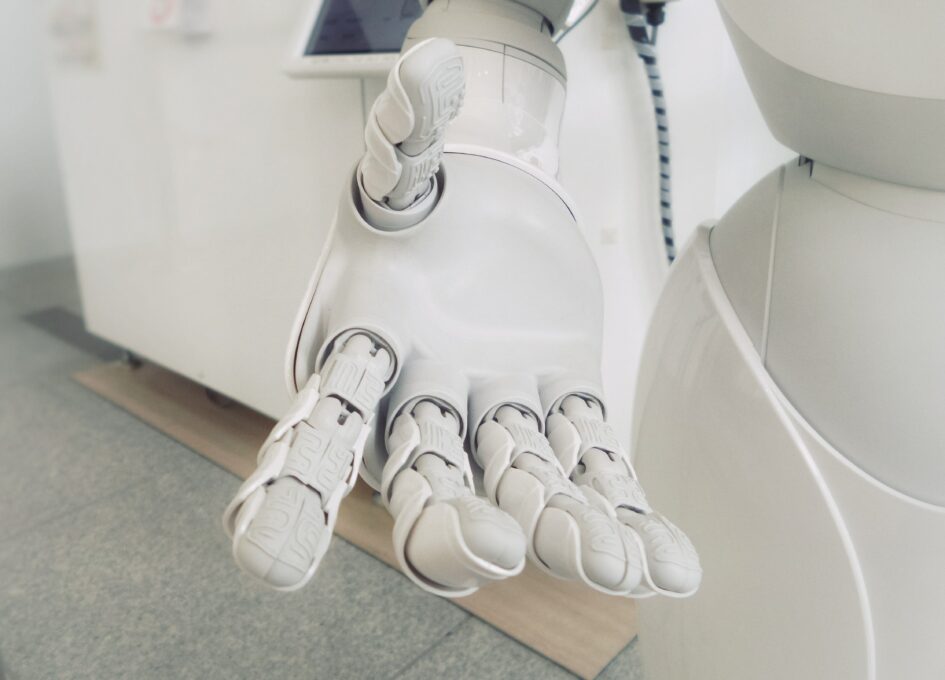The integration of AI in education brings both benefits and deficits. On the positive side, AI can provide personalized learning experiences, allowing students to progress at their own pace and receive tailored support, which is especially beneficial for those with different learning needs. AI-powered tools can also help teachers streamline administrative tasks, such as grading and attendance, freeing up more time for instructional activities. Furthermore, AI can enhance the quality of education by providing access to a wealth of online resources, interactive simulations, and virtual tutors, making learning more engaging and effective.
However, there are also potential deficits to consider. Overreliance on AI may lead to a lack of human connection, reducing the social and emotional aspects of education. Privacy concerns are also significant, as AI systems often collect vast amounts of data about students. Additionally, the technology may exacerbate existing educational inequalities, as not all students have equal access to AI tools and resources. Regarding assessment, teachers should modify their approach to incorporate AI in a balanced way, using it as a supplementary tool to assist in evaluating student performance. AI can provide valuable insights through data analytics, but it should not replace the human touch in assessment. A combination of AI-driven data and human judgment can lead to a more comprehensive and fair evaluation of students. Legitimate uses for AI in schools should encompass personalized learning, data-driven decision-making, and administrative support. However, the line should be drawn at the point where AI systems replace teachers or infringe on students’ privacy without adequate safeguards. The ethical and educational implications of AI in education should be continuously evaluated to ensure that the technology benefits both students and educators without compromising fundamental principles of teaching and learning.
An articulate answer, wouldn’t you say? Chat GPT was able to quickly answer this week’s reflection question, immediately generating two paragraphs and providing insights about student privacy and human connection that hadn’t once entered my mind when I thought through these questions myself. Nevertheless, it didn’t discuss my original answer, which is the fact that using AI as your primary tool for learning erases many steps in the critical thinking process that I believe are essential for becoming an eloquent and well-rounded individual.
First of all, our early struggles with prioritizing and organizing information directly reflect the development of our minds as they age and slowly learn how to automate these imperative skills. Using our reason and intuition to decide which arguments and steps make sense helps us to become better planners, and I worry that if students become too reliant on AI, this part of their brains won’t be as deeply enriched in this sensitive period.
That being said, of course, the influx of AI models has finally pushed the predominance of project and inquiry-based learning, a process that I believe is far superior to the test-based, rote-memorization approaches of traditional western education. Giving students a chance to engage critically in areas that interest them and then express their learning in the way that best fits their skills is a brilliant model that fits perfectly with the principles of universal designs for learning.
I found ChatGPT to be a very helpful tool for this post, as its response prompted a lot of my reflections and follow up ideas. I think it’s generally a great assistant that aids in providing bare bones to build upon, but it is the singularity and expression within human responses that ultimately make them a pleasure to interact with.
Photo by Possessed Photography on Unsplash

Leave a Reply
You must be logged in to post a comment.